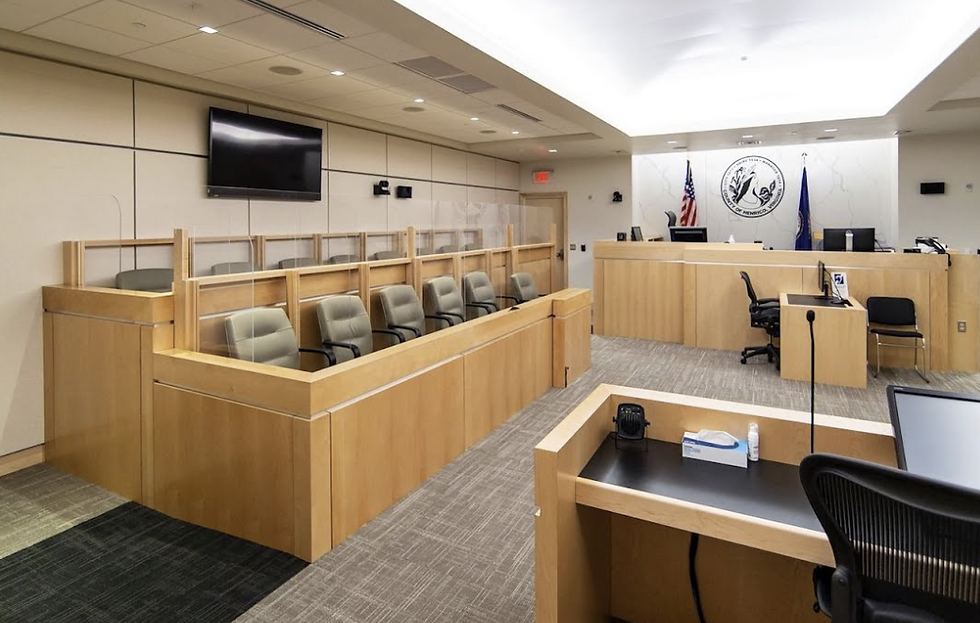Appeals Court Overturns Child Solicitation Conviction, Citing Exclusion of Key Evidence
- Sam Orlando

- May 31, 2025
- 2 min read
Virginia court says jury should have heard full context of defendant’s post-arrest statement

Written by: Sam Orlando
HENRICO, VIRGINIA - A Virginia man’s conviction for soliciting a minor online has been overturned by the state’s Court of Appeals, which found that the trial court improperly excluded exculpatory statements he made during a police interview. The court’s ruling underscores the legal principle that juries must hear a complete version of a defendant’s statement—not just parts that support the prosecution’s case.
James Thomas Curry, 32, was arrested in Henrico County in 2022 following a police sting operation in which an officer posed as a 14-year-old girl named “Kate” on the social app Skout. After exchanging flirtatious and sexually suggestive messages, Curry drove two hours to meet her at a Richmond-area mall, where he was arrested by police.
At trial, prosecutors highlighted Curry’s messages suggesting kissing, cuddling, and sex, and his admissions to police that he had known the girl was underage. However, they did not present portions of his post-arrest statement in which Curry claimed he was “playing a role” and intended only to warn the girl and alert her parents about the dangers of talking to older men online.
Curry’s defense argued that omitting those exculpatory remarks violated the rule of completeness—a principle in Virginia common law that requires jurors to hear both the incriminating and the potentially exonerating parts of a defendant’s statement when presented as evidence.
The trial court rejected that argument, ruling the statements about Curry’s intent were inadmissible hearsay. The jury convicted Curry of using a communication system to solicit a child under 15 for sexual acts, sentencing him to 10 years in prison, with five years suspended.
But in a published opinion released April 1, 2025, the Virginia Court of Appeals reversed the conviction and ordered a new trial. Writing for the court, Chief Judge Marla Graff Decker said the exclusion of Curry’s full statement was an error of law—and not a harmless one.
“When the prosecution offers only the incriminating part of a defendant’s statement, the defense must be allowed to present the remainder, even if it includes self-serving or hearsay elements,” Decker wrote.
The court emphasized that the excluded statements—about Curry’s claimed intent to protect the minor and contact her parents—were relevant to a central issue in the case: whether he acted with lascivious intent, as required under Virginia law.
The ruling does not exonerate Curry. The case now returns to the trial court, where prosecutors may pursue a retrial.
Beyond the immediate outcome, the decision reinforces legal safeguards that ensure juries hear a full account of events—not a selective narrative.


Comments